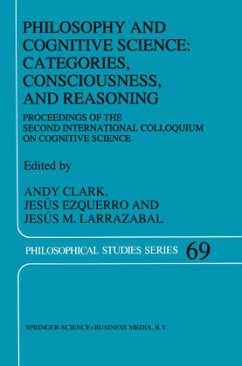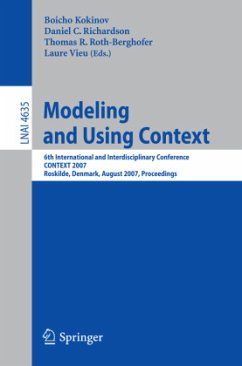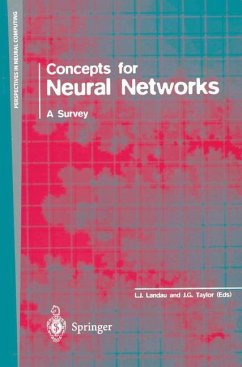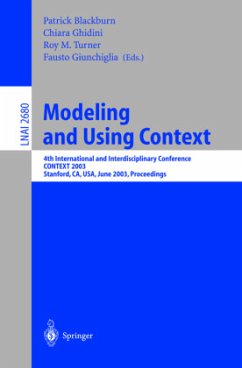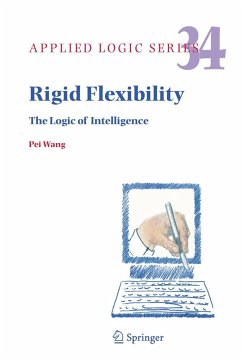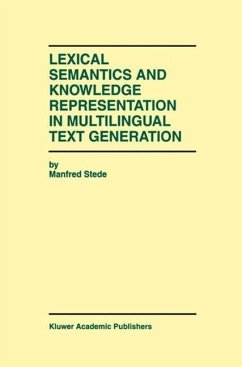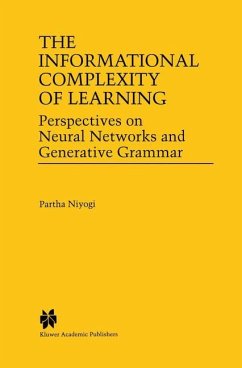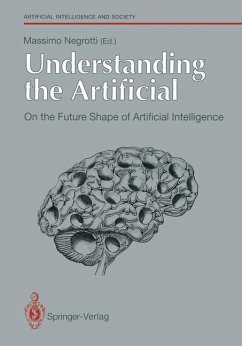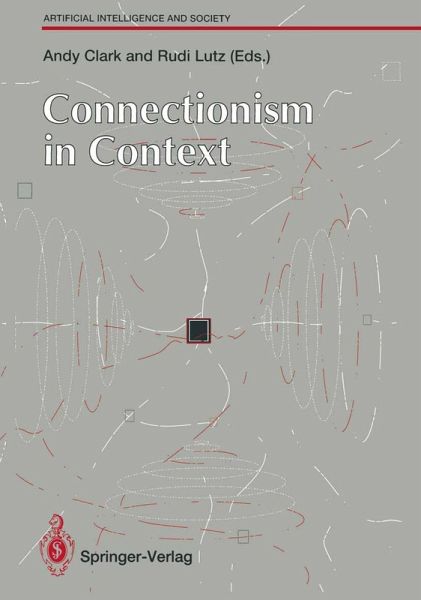
Connectionism in Context

PAYBACK Punkte
20 °P sammeln!
Connectionism in Context aims to broaden and extend thedebate concerning the significance of connectionist models.The volume collects together a variety of perspectives byexperimental and developmental psychologists, philosophersand active AI researchers. These contributions relate con-nectionist ideas to historical psychlogical debates, e.g.,over behaviourism and associationism, to develop-mental and philosophical issues. The result is a volumewhich addresses both familiar, but central, topics such asthe relation between connectionism and classical AI, andless familiar, but highly challenging...
Connectionism in Context aims to broaden and extend the
debate concerning the significance of connectionist models.
The volume collects together a variety of perspectives by
experimental and developmental psychologists, philosophers
and active AI researchers. These contributions relate con-
nectionist ideas to historical psychlogical debates, e.g.,
over behaviourism and associationism, to develop-
mental and philosophical issues. The result is a volume
which addresses both familiar, but central, topics such as
the relation between connectionism and classical AI, and
less familiar, but highly challenging topics, such as
connectionism,associationism and behaviourism, the dis-
tinction between perception and cognition, the role of en-
vironmental structure, and the potential value ofconnec-
tionism as a means of "symbol grounding". The nine essays
have been written with an interdisciplinary audience in mind
and avoid both technical jargon and heavy mathematics.
debate concerning the significance of connectionist models.
The volume collects together a variety of perspectives by
experimental and developmental psychologists, philosophers
and active AI researchers. These contributions relate con-
nectionist ideas to historical psychlogical debates, e.g.,
over behaviourism and associationism, to develop-
mental and philosophical issues. The result is a volume
which addresses both familiar, but central, topics such as
the relation between connectionism and classical AI, and
less familiar, but highly challenging topics, such as
connectionism,associationism and behaviourism, the dis-
tinction between perception and cognition, the role of en-
vironmental structure, and the potential value ofconnec-
tionism as a means of "symbol grounding". The nine essays
have been written with an interdisciplinary audience in mind
and avoid both technical jargon and heavy mathematics.





